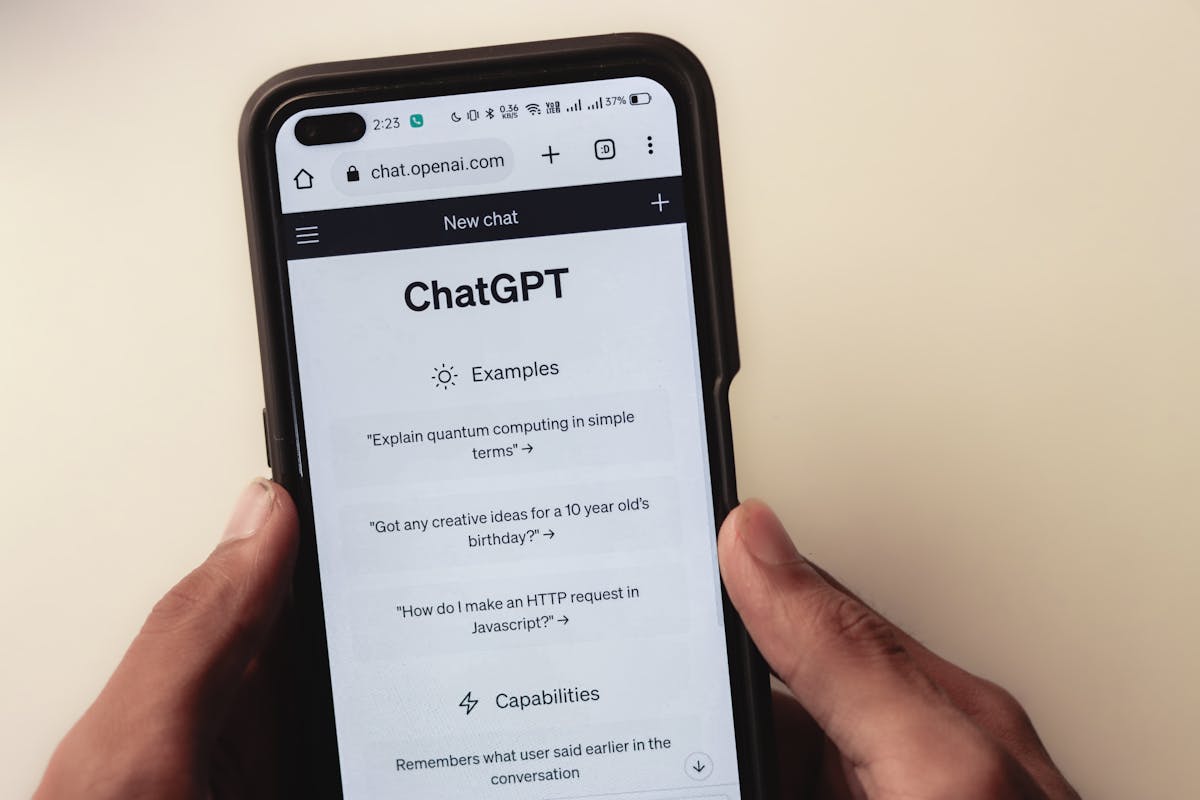
Scientists Reveal How Daily Use of ChatGPT Affects the BRAIN: The Results Are ALARMING
New research on the impact of artificial intelligence, specifically ChatGPT, on the brain has shown that many users are experiencing certain consequences.
ChatGPT has become an extremely popular tool in recent years, with some describing it as "surprisingly powerful." Many users employ it for personal introspection, as confirmed by numerous comments on social media.
However, new research conducted by scientists from MIT’s Media Lab presents alarming findings. Using an electroencephalogram (EEG) – a device that records the brain’s electrical activity – the results showed that ChatGPT users had the lowest brain activity and consistently performed worse on neurological and linguistic levels, according to Time.
Consequences of Using ChatGPT
Over several months, ChatGPT users became less engaged when writing essays, and by the end of the study, they largely relied on "copy-paste" methods.
The study involved 54 participants aged 18 to 39, divided into three groups. The first group used ChatGPT to write essays, the second used Google search, and the third used no external tools at all.
Time reports: “Researchers tracked brain activity in 32 brain regions using EEG and found that, of all three groups, the one using ChatGPT showed the lowest activity. Over the months, these users showed decreasing cognitive engagement and increasingly relied on copying content.”
The study’s conclusion warns that using AI tools like ChatGPT could potentially have harmful effects, especially for younger users whose brains are still developing. Previous studies have already shown that some users feel loneliness when using ChatGPT as a conversation partner for extended periods.
These findings come after a series of reports raising concern, including warnings that children are forming "romantic relationships" with AI chatbots, as noted by youth protection organizations.
ChatGPT users shared their experiences on social media. One wrote: “ChatGPT is actually a surprisingly powerful tool for self-reflection. Many have used it to explore their thoughts and gain insight. It’s definitely worth trying if you’re interested in self-discovery.”
A professional designer also shared his view: “It doesn’t take into account how you live in a space, the context of the location, or orientation toward the sun. The result is a beautiful image, but without true substance.”
“People long for validation, support, love, they want to be seen – and now they’ve found that in a chatbot. That’s dangerous because it’s deceptive, easily draws people in, and they often lack self-awareness – so every compliment from AI sounds like a song for their broken heart,” one person commented.





